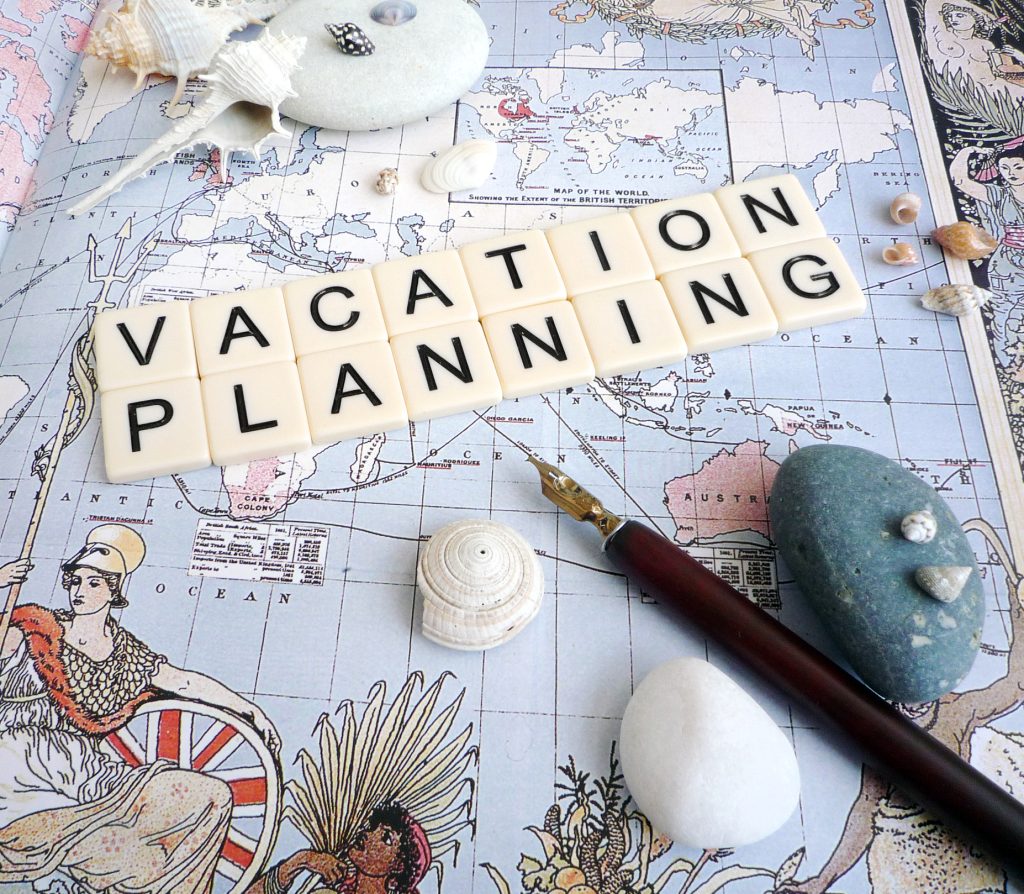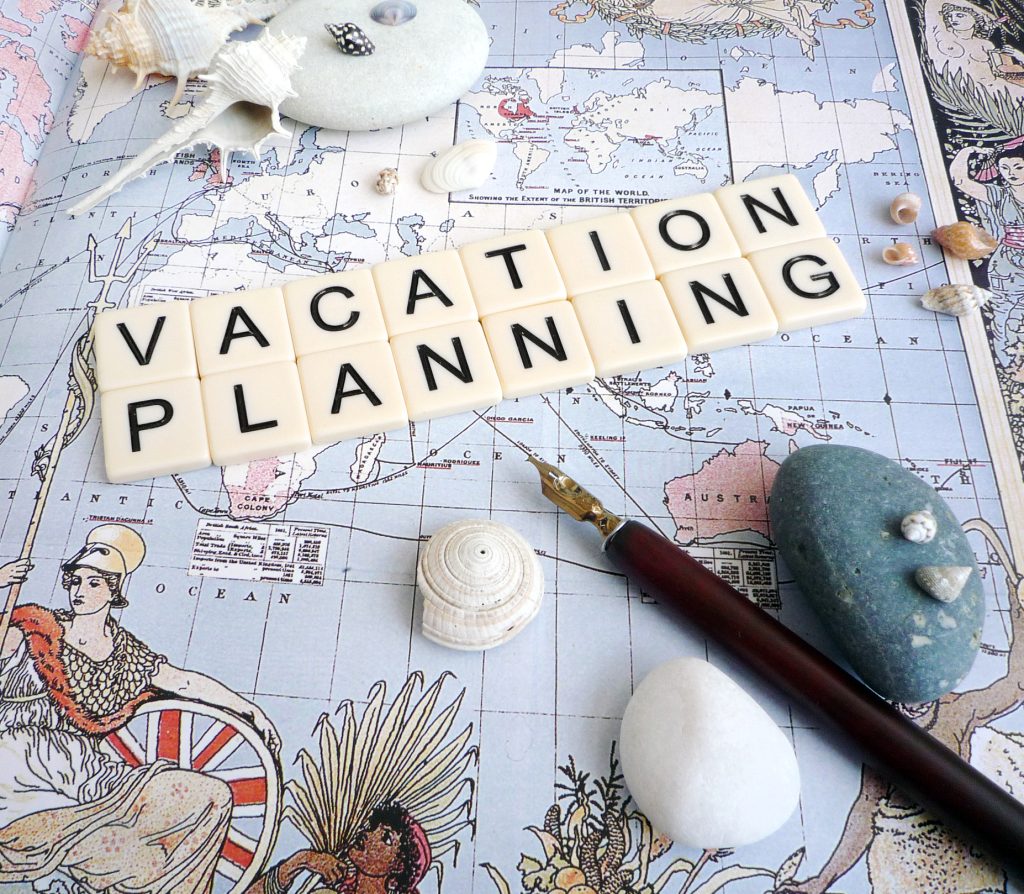
If you are like me, you like to have your trips planned in advance – with itineraries (that also include some spare time for surprising local discoveries!).
I know that planning a trip can feel overwhelming, but breaking it down into manageable steps transforms it from a stressful task into an exciting part of your journey. I love to plan my family’s trips, and in this article I want to share with you my ultimate planning guide to help you have the perfect vacations.
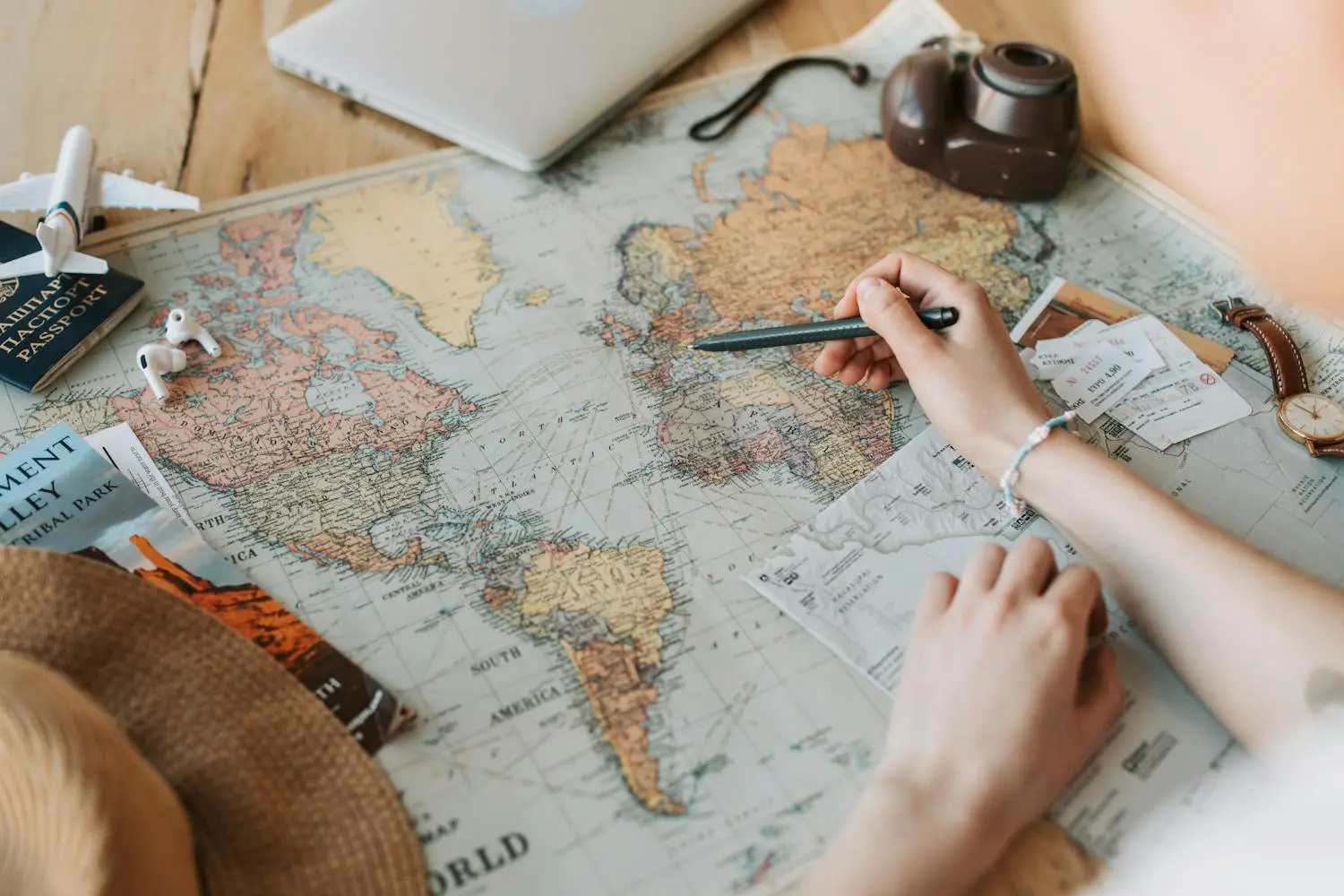
Whether you’re dreaming of pristine beaches, bustling cities, or remote wilderness adventures, this comprehensive guide will walk you through every aspect of trip planning—from the initial spark of inspiration to returning home with incredible memories.
How to Plan the Perfect Trip from Start to Finish: Your Ultimate Travel Planning Guide
Choosing Your Destination: Where Dreams Meet Reality
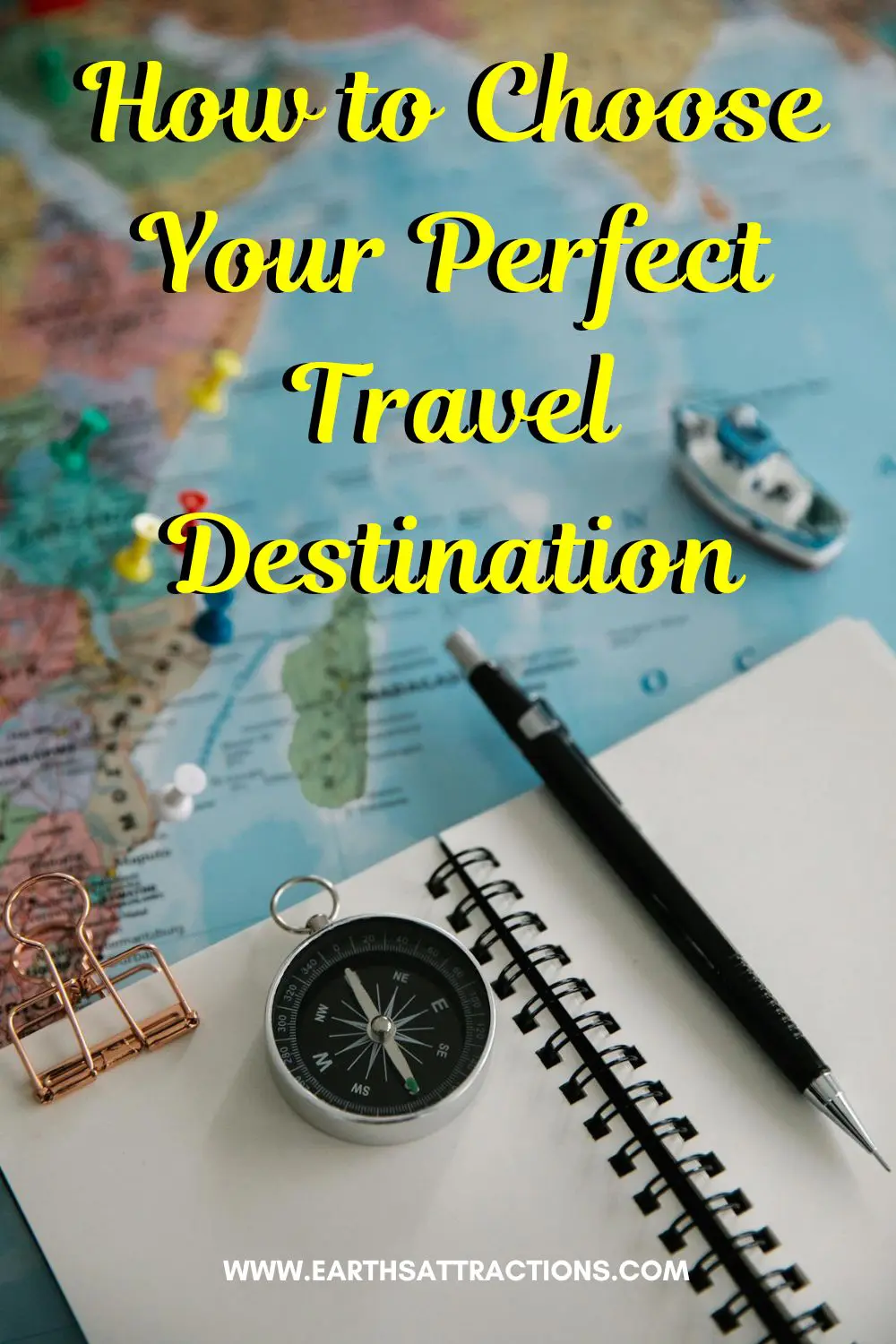
I love to travel – and the first step in planning any trip is selecting where to go. This decision balances your travel dreams with practical considerations and if you want to plan the perfect vacation you should pay attention to:
- Consider your travel style and interests: Are you seeking adventure, relaxation, cultural immersion, or culinary experiences? Different destinations excel in different areas. Also, take into consideration your family’s preferences. Finally, is the trip focused on one person (for instance, I organised our entire Munich vacation around my son’s birthday, including activities that he will like the most.)
- Research destination seasons: Your dream beach vacation might coincide with monsoon season, or your city break could land during a major festival that drives up prices. Understanding seasonal patterns helps you choose the optimal time to visit.
- Assess your budget realistically: While everyone wants to experience luxury travel, your financial boundaries will significantly influence destination choices. Some countries offer tremendous value while others command premium prices for basic services.
I recall a funny situation from a few years ago. I wanted to go on a vacation in Salzburg. However, the available budget was far from enough. So I adapted and planned a memorabel (and amazing!) trip in my country – Romania.
Now, despite this mention above, this doesn’t mean that you cannot travel where you want. It may mean that you will spend less time there or that you will not choose luxury hotels, and maybe that you will focus more on the free things to do, but it might still possible to go where you want to go.
- Evaluate travel time versus trip duration: If you only have one week off work, spending two full days traveling to a far-flung destination might not maximize your experience.
- My pro tips: Create a “travel priorities list” ranking what matters most to you—whether that’s outdoor activities, historical sites, food experiences, or photographic opportunities. This will help narrow down destination options that align with your personal travel goals.
Also, create a “travel bucket list” – not only your priorities, but also the places you want to visit. Perhaps you can group them on special occasions – for instance a Christmas in Vienna, an anniversary trip to Paris, etc. so that you can visit all the places you want to travel to.
Setting Your Budget for Your Trip: The Financial Framework

Next on this list of trip planning tips is the chapter related to money. Travel expenses fall into several major categories that require thoughtful planning:
- Transportation: Include international flights, regional connections, and local transit options. Or check to see if travelling by car is not a better option (for us it is more affordable to go to the nearby countries by car). Busses or trains can also be options.
- Accommodation: Research typical lodging costs in your target destination, accounting for location premiums (check 3-4 star hotel prices as well as hostels to see the difference and decide what fits your budget based on your preferences.)
- Food and drink: Daily food costs vary dramatically between destinations and dining styles. However, whereever you will go you will have options. On my trip to Paris I did not have the budget to go daily to restaurants, but we ate some fast food or affordable meals and we were just fine!
- Activities and attractions: Museum entries, guided tours, and adventure activities add up quickly. Oh, and do not forget abouot souvenirs (I admit I buy some souvenirs – both practical and keepsakes!)
- Essential extras: Travel insurance, visa fees, vaccinations, and appropriate gear. Obviously, these depend on your destination, not all are required for each trip.
- Emergency fund: Always build in a financial cushion (approximately 15-20% of your total budget) for unexpected expenses. A travel emergency fund is always a good idea. You might need it for serious things (health issues or other elements), but also for unexpected fun expenses (a special experience you want to enjoy, a special item you want to buy for you or your family, etc.)
- Money-saving strategy: For instance, consider traveling during shoulder season—the period just before or after peak season—when you’ll enjoy good weather with significantly lower prices and fewer crowds. In the end, it all comes down to what you prefer: the best conditions for the highest budget, or some compromises for a much budget-friendly trip. As an example, I visited Paris in March and, while there were some advantages (smaller lines, less crowded everywhere), there were some disadvantages too (cold weather, no flowers in the gardens, etc.). So you need to know the best time to visit and what to see and do, and go from there.
Creating Your Travel Timeline: When to Book What
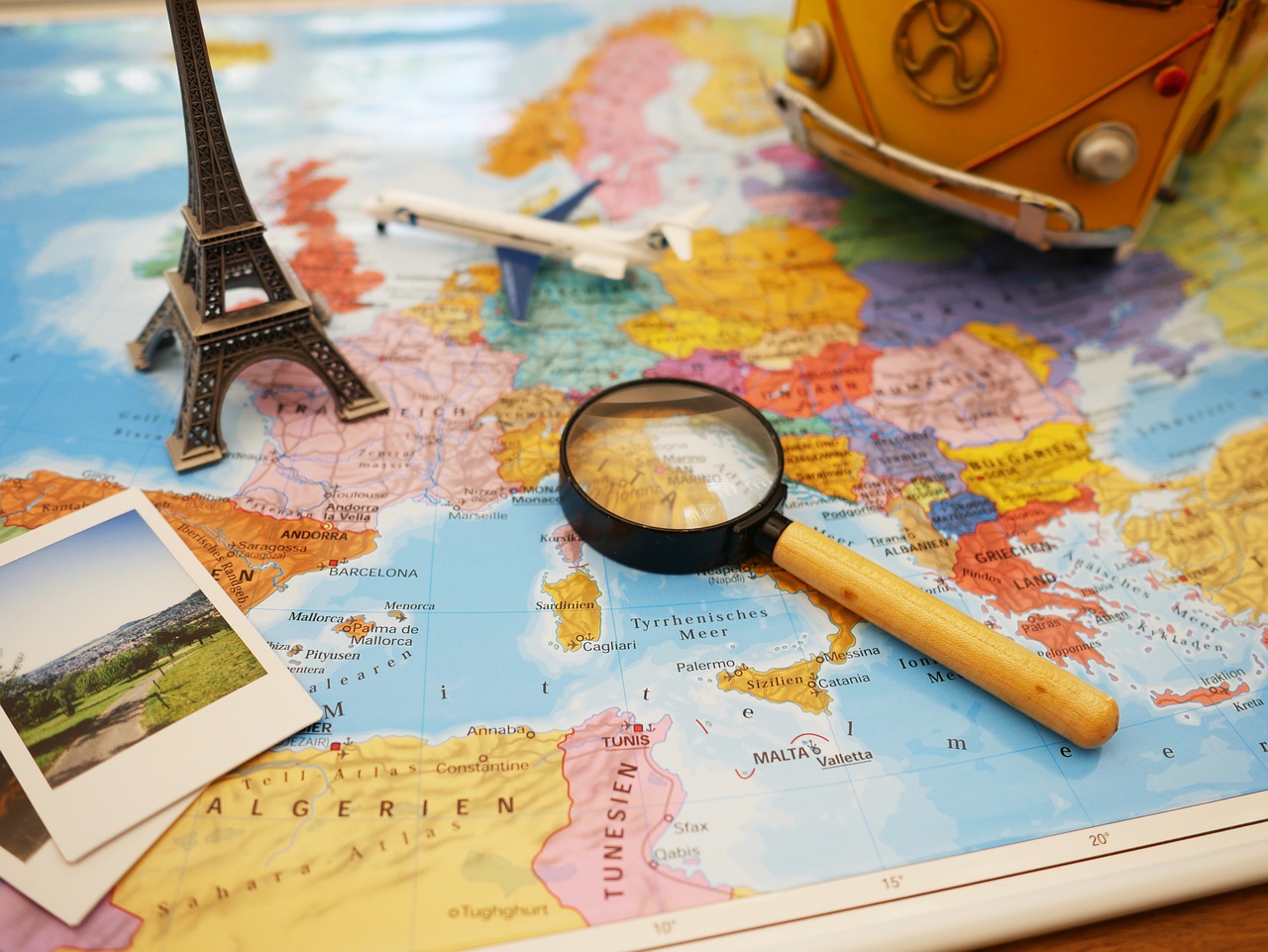
Proper timing dramatically affects both trip costs and availability – and yes, there are surprising elements affecting the cost of your trips:
6-12 months before departure:
- Research destinations and create a shortlist
- Monitor flight prices for patterns and drops
- Request time off work if necessary
- Check passport validity (ensure at least six months beyond your return date)
3-6 months before departure:
- Book international flights
- Research accommodation options
- Identify major attractions requiring advance bookings
- Investigate visa requirements and application timelines
- Consider necessary vaccinations or health preparations
1-3 months before departure:
- Book accommodations
- Research and book popular tours or activities
- Purchase travel insurance
- Make transportation arrangements between destinations
- Create a preliminary day-by-day itinerary
2-4 weeks before departure:
- Confirm all reservations (many are easy, as there are useful apps where we see everything in our accounts)
- Notify your bank of travel plans
- Arrange for pet/plant/house care
- Begin packing preparation
- Download helpful travel apps
- Make copies of important documents
These travel tips are for trips planned in advance. There are, obviously, last-minute trips where you book what you find, where you find the deals – and go whereever you got the best deal.
And of course you can plan trips in 3 months, one month, 6 months, etc. This is a timeline for when you plan way in advance. Use the steps included here to plan all your trips, no matter how early before the departure date you do that!
Budget-maximizing insight: Flight prices often drop approximately 6-8 weeks before departure as airlines adjust for demand. If you can tolerate some uncertainty, this timing sweet spot can yield significant savings. You can also be a bit flexible with your traveling dates (+-2-3 days) so that you get the best deals (flights, accommodation.)
Crafting Your Itinerary: Balancing Ambition with Enjoyment
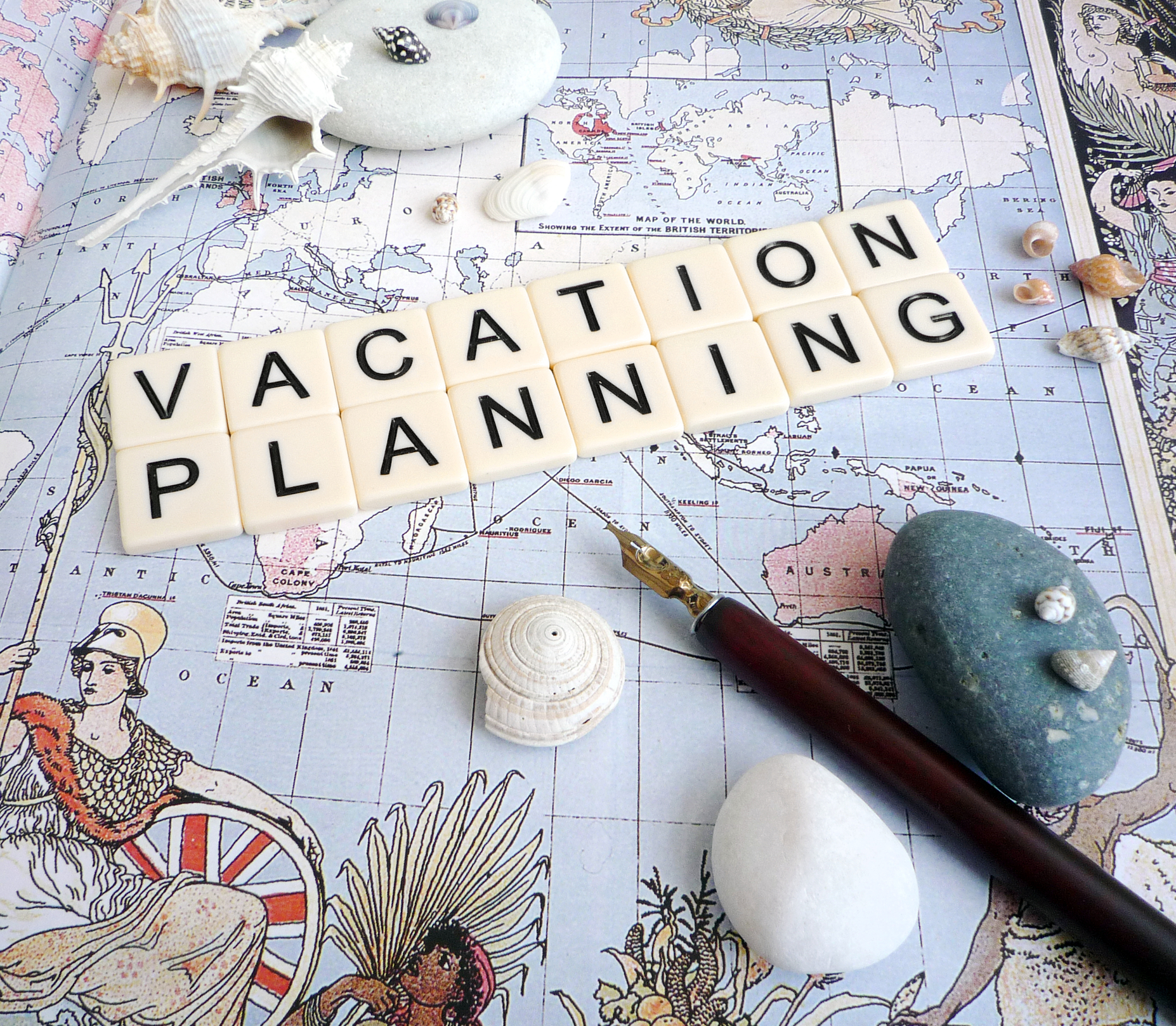
ID 14130635 © Joanne Zhe | Dreamstime.com
I love crafting itineraries – I have a comprehensive guide on how to create your perfect itinerary for any type of trip or vacation – and I am including below some of the tips (the article linked goes in-depth).
Creating a thoughtful itinerary prevents both over-scheduling and underutilizing your precious travel time:
- Research must-see attractions: Identify the non-negotiable experiences that drew you to this destination. Obiously, this depends on your traveling style – what you prefer to see and do when visiting a city. I like to go both to famous landmarks as well as to off the beaten path places, but I also like to leave room on my vacations/trips to explore and discover places on the spot.
- Map locations logically: Group activities by geographical proximity to minimize transit time. And budget!
- Build in downtime: Schedule deliberate relaxation periods—these often become the moments where unexpected discoveries happen.
- Consider daily rhythms: Some museums close on Mondays (I forgot this when I went to Paris and on Monday I could not visit a museum, but did other things instead), while markets might only operate on weekends. Research operating hours in advance.
- Plan for your personal pace: Some travelers thrive on dawn-to-dusk exploration while others prefer a more relaxed approach. Honor your natural rhythms.
- Itinerary wisdom: I saw a rule online that was interesting: for every destination, follow the “3-3-3 rule”: see three main attractions, discover three local restaurants/cafés, and experience three spontaneous moments each day. This balance prevents exhaustion while ensuring meaningful experiences. I admit that I would have 2 restaurants/cafes on my itinerary and instead of one cafe/restaurant, I would include a park.
Booking Accommodations: Finding Your Perfect Home Base

Where you stay significantly impacts your travel experience so I am focusing now on this aspect. My tips for planning a trip:
- Location versus cost: Central locations typically command higher prices but save precious time and transportation expenses. You can also consider accommodation near public transport hub (trams/busses) – this way you save some time.
- Accommodation types: Hotels offer convenience and services, vacation rentals provide space and local immersion, hostels create social opportunities and are cheaper, and unique options (treehouses, boats, etc.) create memorable experiences.
- Cancellation policies: In uncertain times, flexible booking terms may outweigh slight price premiums. I have had both accommodation book with a 24-hour cancelation notice as well as hotel rooms booked months in advance, no possibility of money back if canceled.
- Essential amenities: Prioritize features that matter most—whether that’s WiFi, kitchen access, or proximity to public transportation. I always need a fridge in the room, air conditioning, private bath, breakfast, and others (sometimes parking is a must, if traveling by car).
- Booking strategy: For longer stays (4+ nights), consider directly contacting property owners about potential discounts. Many platforms charge significant fees that owners may share as savings for direct bookings. You can also create accounts on important hotel chains (if you use them). You will be rewarded with points – these can be used for later trips. I use these sites for booking my trips (I have 2 prefered chains, they have hotels in almost all the places I want to visit).
Transportation Planning: Getting There and Getting Around

ID 56295081 | Trip Flight © Rawpixelimages | Dreamstime.com
Transportation planning involves both reaching your destination and navigating once there:
- Flight optimization: Use multiple search engines, consider nearby airports, and investigate multi-city options for potential savings. But make sure you do not end up with a higher cost! For instance, a far away airport may include a lot of time on the road + higher transportation fees to the hotel so that the end result is not what you want.
- Transit connections: Research how to get from airports/stations to your accommodation, particularly for late arrivals.
- Local transportation: Determine whether public transit, rental vehicles, or ride-sharing makes most sense for your destination and itinerary. There is no one-size-fits-all approach because the local conditions and offers vary from country to country, from city to city.
- Walking feasibility: Many destinations are best experienced on foot—research pedestrian-friendliness before deciding on transportation needs.
- Transportation insider tip: For destinations with extensive public transit, investigate tourist transit passes that bundle unlimited rides with attraction discounts. Also, check to see if there are some apps available – for us, the public transportation app for Munich was life saving.
- Check to see what type of transportation is best for you: sometimes a flight will be prefered, but in other occasions, traveling by car may be better for you (it is often the case for us). Also, depending on your budget and preferences, you couls also choose busses or a train ride. For trips by car, make sure your car is prepared for a long trip. If you travel with a dog, read my article with tips on how to travel with a dog by car, and if you have an electric car – or think of traveling with one, read my tips here.
Packing Strategically: Less Is More
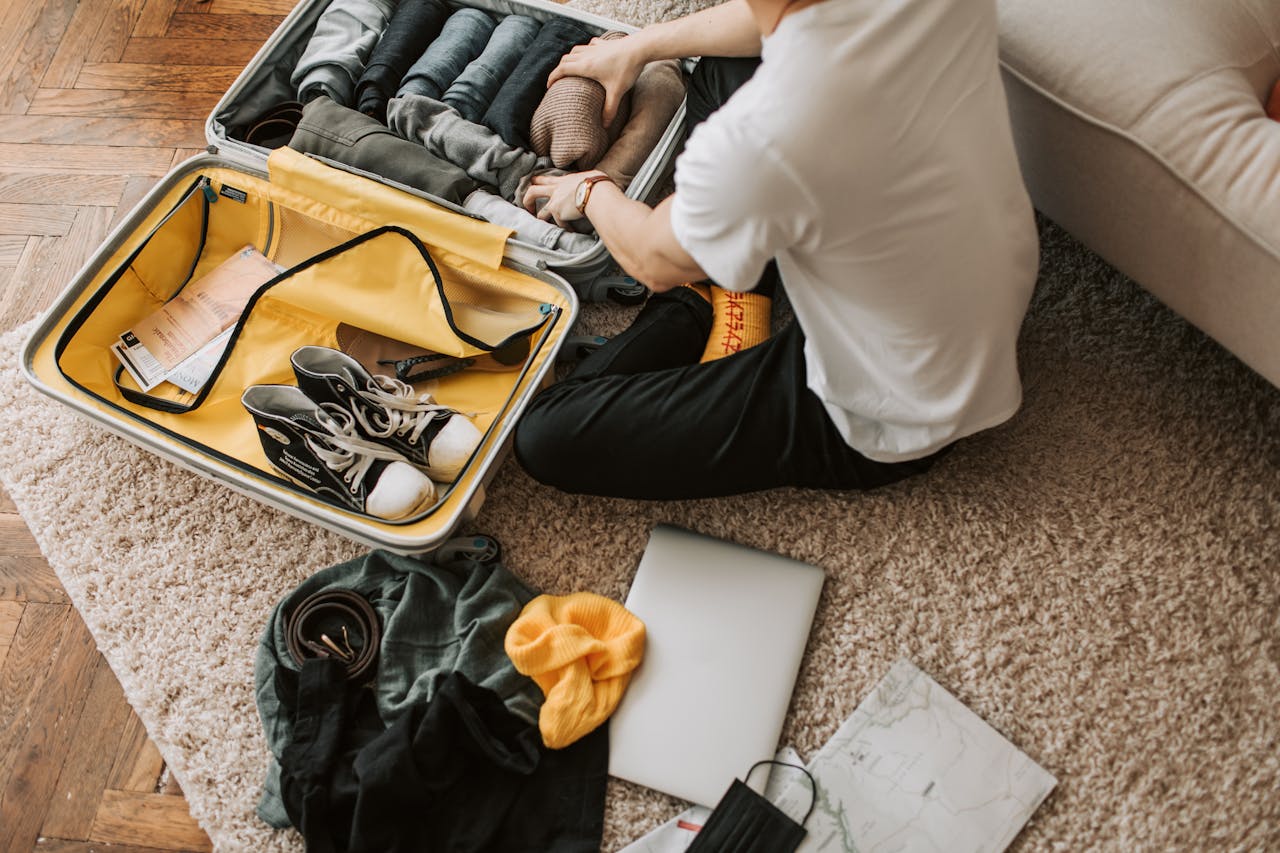
Next on this list of vacation planning tips is packing. An easy-breazy activity for me, but something that might be complicated for many people. Thoughtful packing enhances your travel experience (and yes, you can pack a suitcase in 30 mintues or less):
- Research weather patterns: Look beyond averages to understand temperature ranges and precipitation likelihood.
- Consider cultural norms: Some destinations require modest clothing for religious sites or particular social situations.
- Pack for activities: Specialized gear needs vary dramatically between beach relaxation and mountain hiking.
- Limit “just in case” items: Most destinations have stores where you can purchase anything truly essential.
- Embrace laundry options: For longer trips, plan to wash clothes rather than packing for every day. This is a personal option – and it depends on the accommodation option you chose and your budget. I still prefer to pack clean clothest for all trips up to 2 weeks.
- Space-saving secret: Use packing cubes or compression bags to organize your belongings while creating additional space. Roll rather than fold clothes to minimize wrinkles and maximize space. Also, leave room in your bags for things you may purchase on your trips – souvenirs or other items.
Planning for Health and Safety: Protection and Prevention
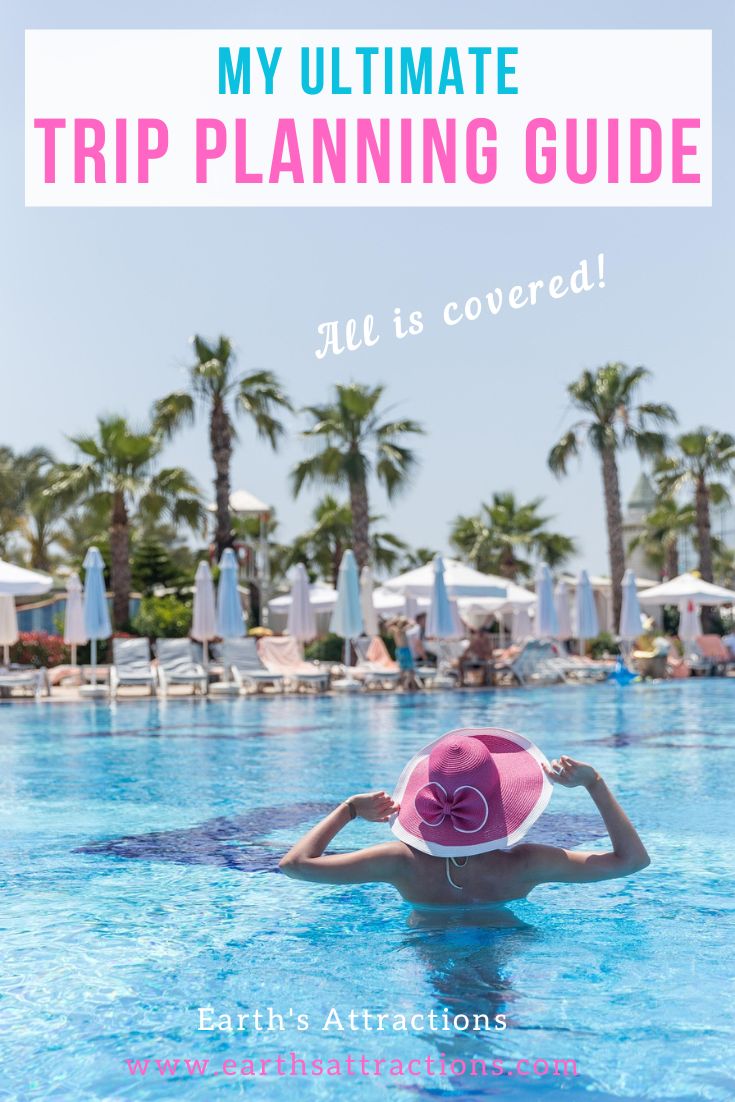
Preparing for health and safety concerns ensures peace of mind – and yes, health issues are not something I desire, but sometimes they happen on my trips:
- Research destination-specific health recommendations: Some regions require specific vaccinations or preventative medications.
- Purchase appropriate travel insurance: Ensure coverage includes medical evacuation for remote destinations.
- Prepare a basic medical kit: Include remedies for common travel ailments like stomach issues, motion sickness, and minor injuries. I also have baind aids for situations when the shoes are hurting my feet (it happens more often than I would want.) Make sure you have with you your meds – if you need to take daily meds. Also, be prepared for different situations – for instance, during the summer you need to know what to do during a heat wave.
- Register with your embassy: Many countries offer traveler registration services for emergency situations.
- Research local emergency numbers: Know how to contact police, medical services, and your country’s nearest embassy.
- Safety planning advantage: Create a digital and physical document with emergency contacts, insurance information, and accommodation details. Share this with a trusted contact at home.
Handling Money Matters: Smart Financial Planning
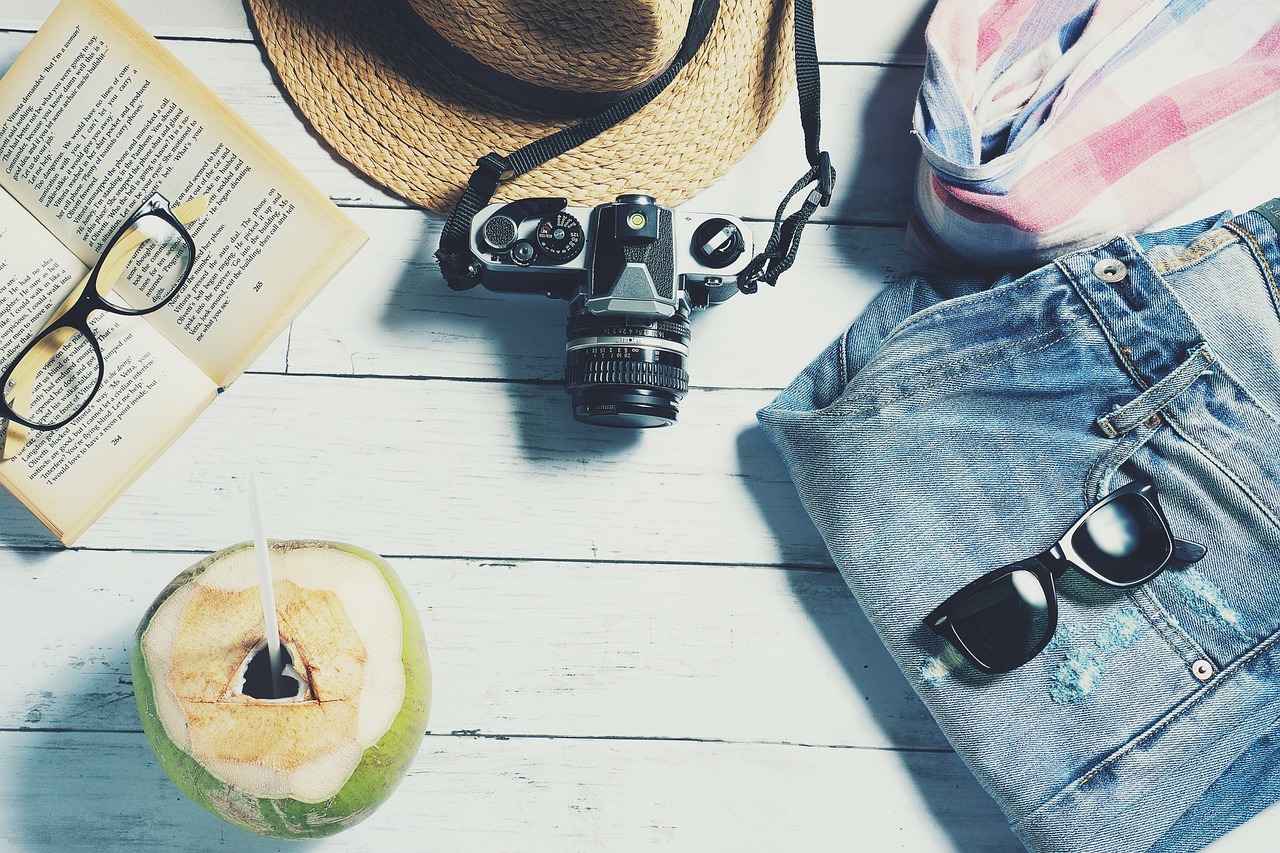
My ultimate trip planning guide would not be complete without talking about money from a different point of view (not only budgets, as above.) In fact, managing money efficiently while traveling prevents both stress and unnecessary fees:
- Notify financial institutions: Prevent security freezes by informing your bank and credit card companies about travel dates and destinations. More and more institutions do not require this, but some still do. Be prepared!
- Understand foreign transaction fees: Some cards charge significant premiums for overseas purchases.
- Carry multiple payment methods: Distribute cash, cards, and perhaps emergency funds across different locations. I always have some cash with me because not everything can be paid by card (even in 2025!), but I do not keep all the money/cards in the same place.
- Research tipping customs: Gratuity expectations vary dramatically worldwide, from expected 20% additions to potential offense in some cultures.
- Money management tip: Always have a small amount of local currency upon arrival for immediate needs like transportation or food, but exchange larger amounts when you’ve had time to research the best rates.
Embracing Technology: Digital Travel Tools
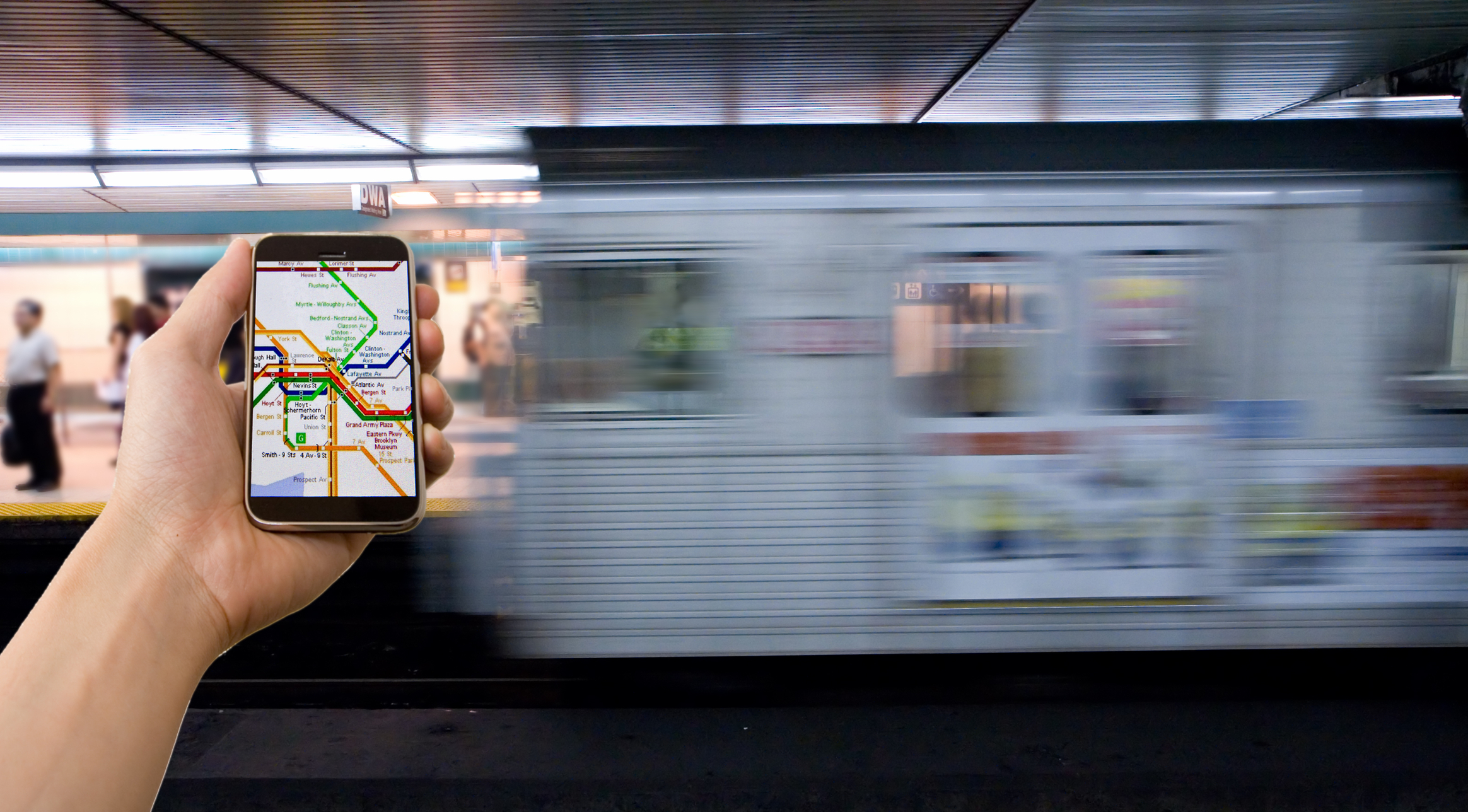
ID 15416012 | Travel App © Retina2020 | Dreamstime.com
Things evolved and are still evolving, And this is a good thing, as anything that can make a vacation go smoother is good. Modern technology can dramatically enhance your travel experience:
- Download offline maps: Applications like Google Maps and others allow navigation without data usage (download for offline use.)
- Install translation apps: Google Translate with downloadable language packs facilitates communication even without internet. There are many other tools and gadgets that offer instant translations
- Research local SIM cards or eSIMs: Staying connected affordably requires advance planning.
- Set up secure password manager: Accessing accounts securely while traveling prevents headaches and security breaches. You may also want to consider a VPN service.
- Technology travel trick: Create a shared digital document or trip planning app with your travel companions where you can collectively add ideas, reservations, and information—keeping everyone informed without endless group messages.
Immersing in Local Culture: Famous Attractions and Off-the-Beaten-Path Things to See and Do
 Eiffel Tower
Eiffel Tower
As I mentioned, I like visiting the famous places – but I also reserve time for things I discover each day. And I include less famous places to visit on my itineraries. Meaningful cultural experiences transform standard trips into transformative journeys:
- Learn basic phrases: Even minimal language efforts demonstrate respect and often receive warm responses. And you can easoly learn words for Thank you, Please, Hello, Have a great day.
- Research cultural norms: Understanding appropriate greetings, dining etiquette, and social customs prevents awkward situations. I always recommend doing a proper research before visiting a country with a different culture than yours.
- Explore local markets: These vibrant spaces reveal authentic daily life and regional specialties. True, this activity is not for all people.
- Seek community experiences: Cooking classes, neighborhood walking tours, or local festivals provide genuine cultural immersion.
- Cultural engagement suggestion: Follow local content creators on social media for authentic recommendations that guidebooks often miss.
Returning Home: Preserving Your Travel Experience
Thoughtful reentry planning helps preserve your travel memories:
- Allow buffer time: Schedule a day between returning home and resuming work/school responsibilities. I know, this is ideal – and rarely a possibility.
- Document experiences thoughtfully: Whether through journals, photographs, or souvenirs, create tangible connections to your experiences. Even blog posts have the same effect
- Share selectively: Rather than overwhelming social feeds, consider creating travel photobooks or hosting small gatherings to share experiences.
- Reflect on growth: Consider how your travels have shaped your perspectives and what elements you might incorporate into daily life.
- Post-travel practice: Create a “travel reflection ritual” where you review your journey, noting what worked well, what you’d change next time, and moments that particularly impacted you.
Conclusion: Your Journey Begins Now
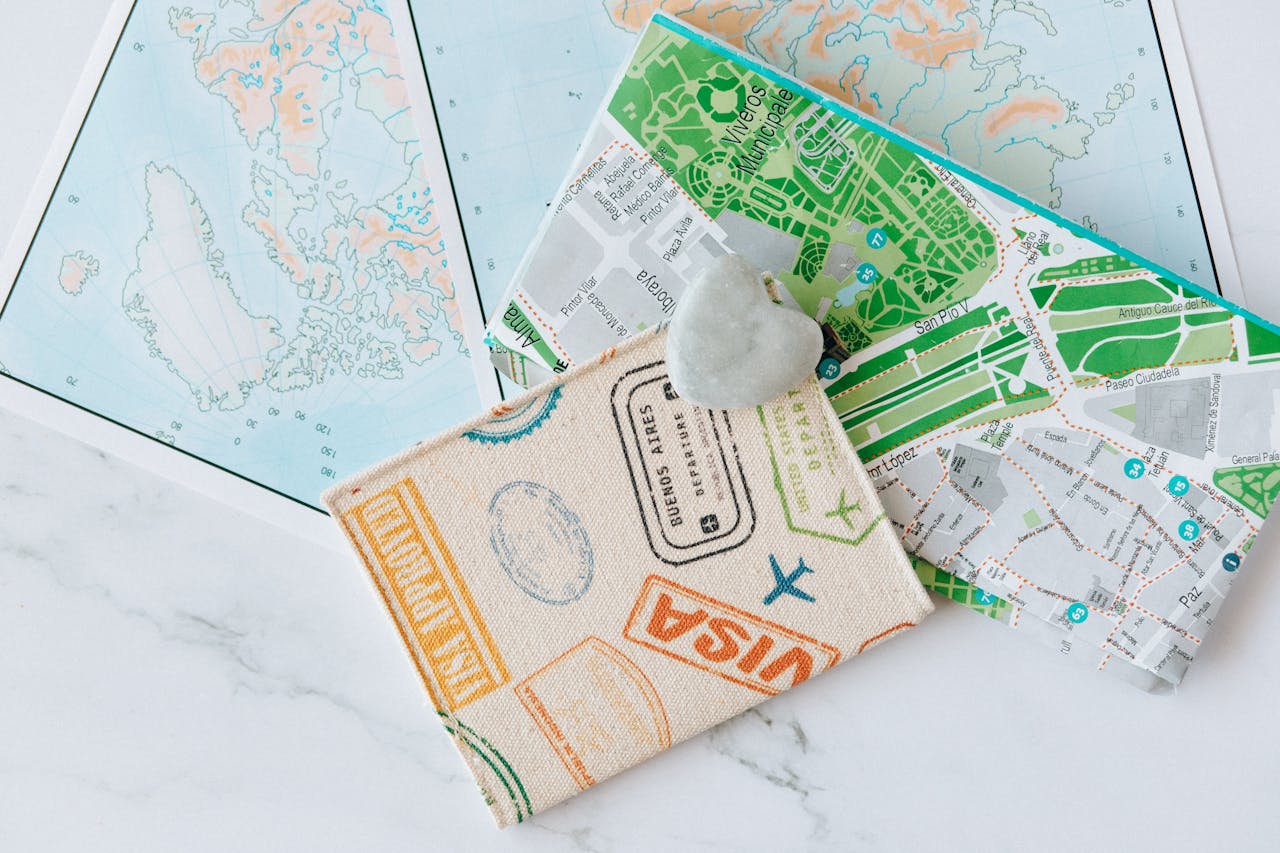
Planning your perfect trip is a journey itself—one that builds anticipation and prepares you for meaningful experiences. By thoughtfully addressing each aspect of preparation, you transform potential stress into excitement and create space for the magic that happens when preparation meets opportunity.
Remember that even the most carefully planned trips encounter unexpected developments. The most memorable travel experiences often arise from detours, chance encounters, and spontaneous decisions. Your thorough planning creates a foundation of confidence that allows you to embrace these moments rather than fear them.
As you embark on your travel planning journey, remember that each destination offers its own wisdom. The world awaits your discovery—one thoughtfully planned step at a time.
And a final tip, which is more a matter of mindset. Please have an open mind. No place is perfect, but you can always discover new and useful perspectives, ways to approach different sitations, interesting and useful items, and more. You can love many things from a country – from the quality of different services to the quality of the roads, from the way people behave to how thrilling/amazing are some attractions.
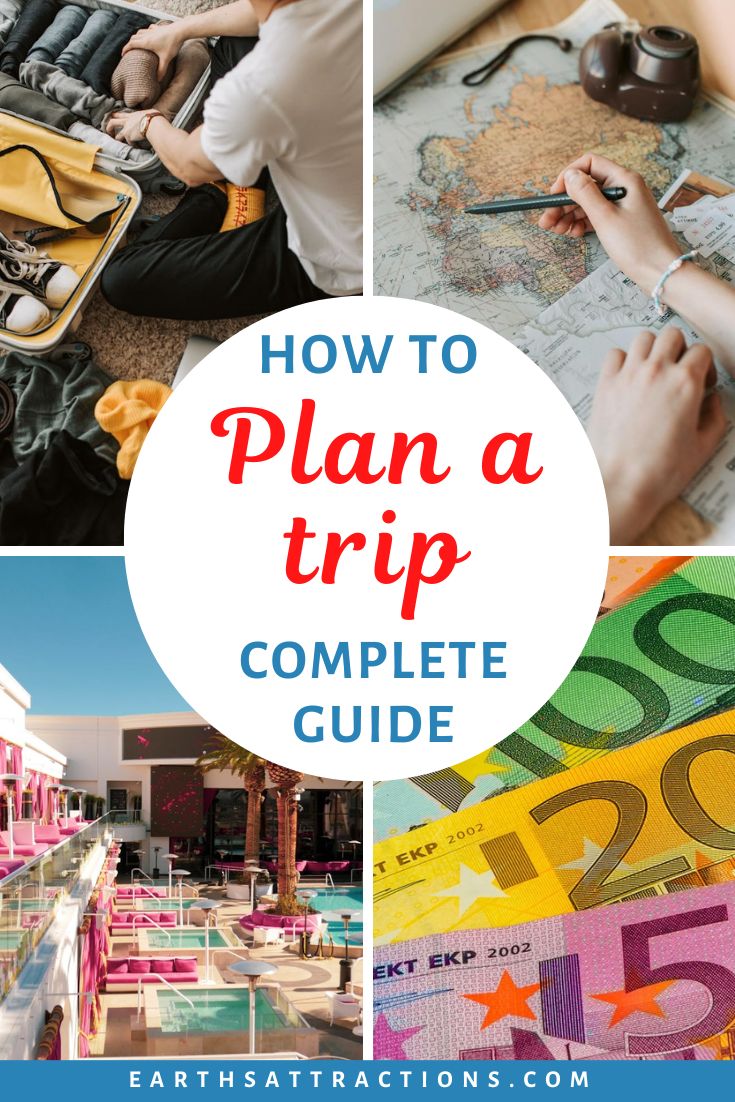
Photo sources: 1, 2, 3, 4, 6, 8, 9, 10, 12, 13,
More amazing articles for you:
Please visit:
Our Sponsor
